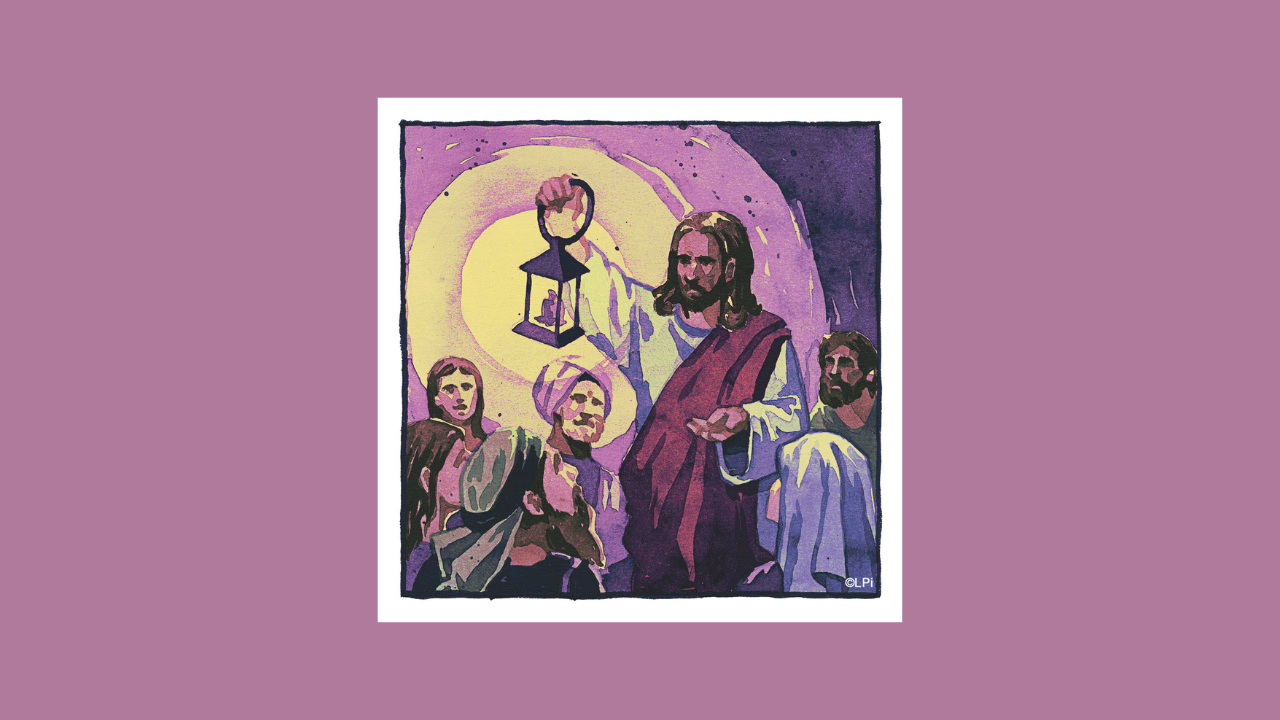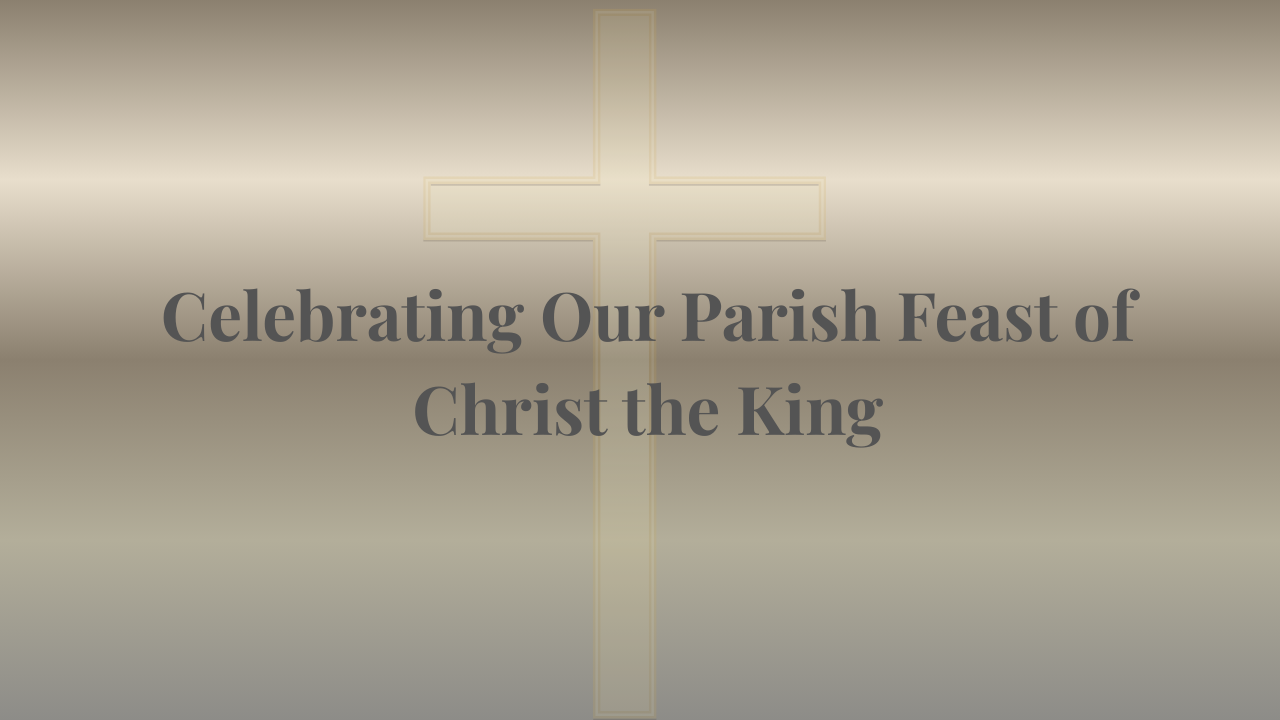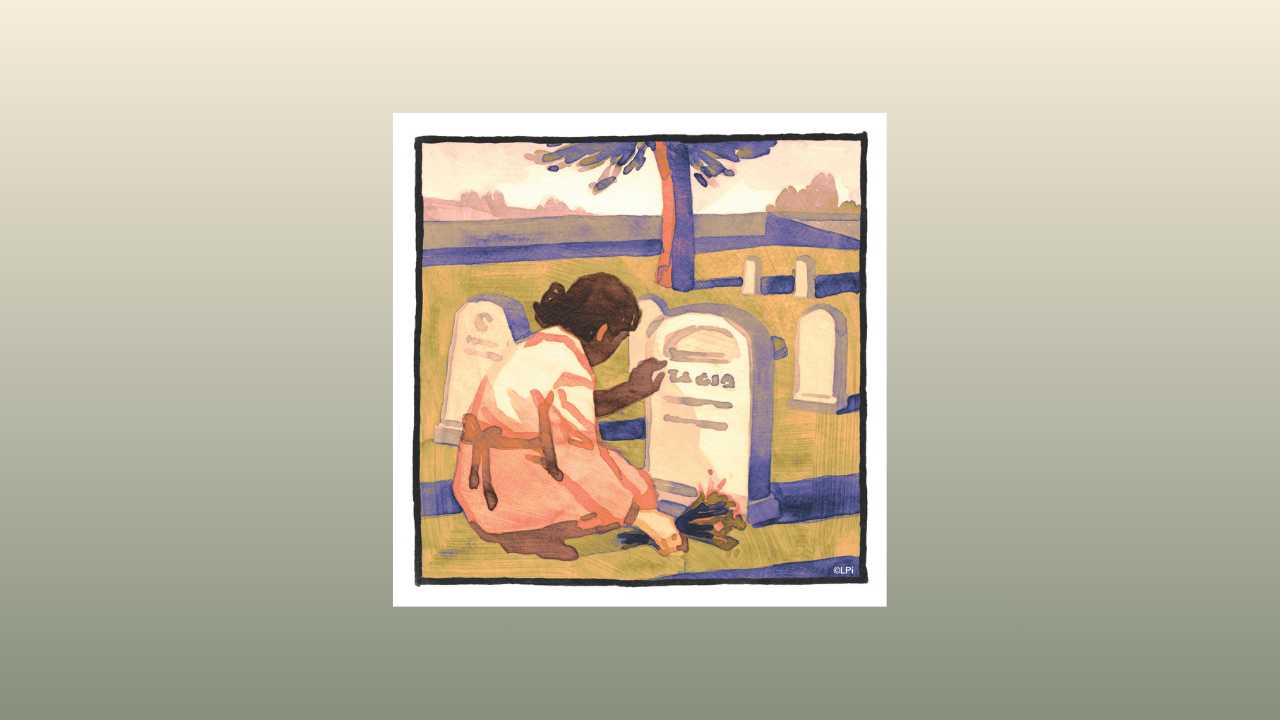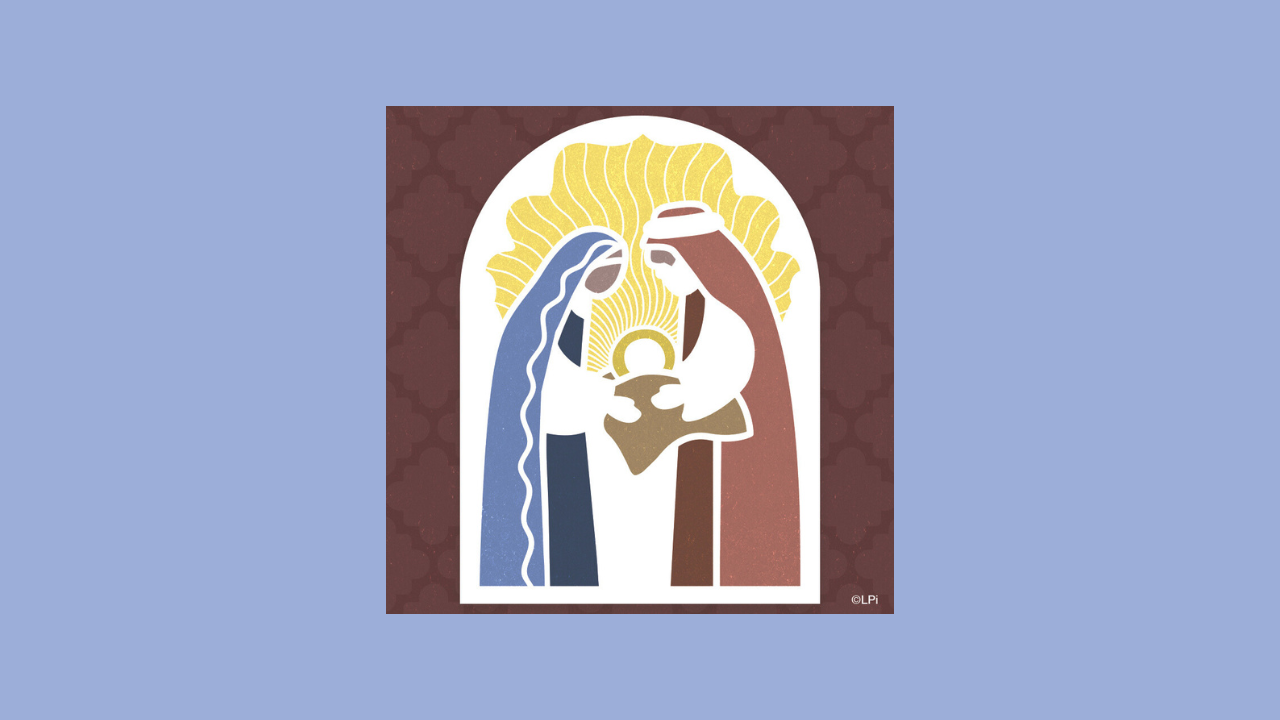"Strength Perfected in Weakness" by Fr. Chris House
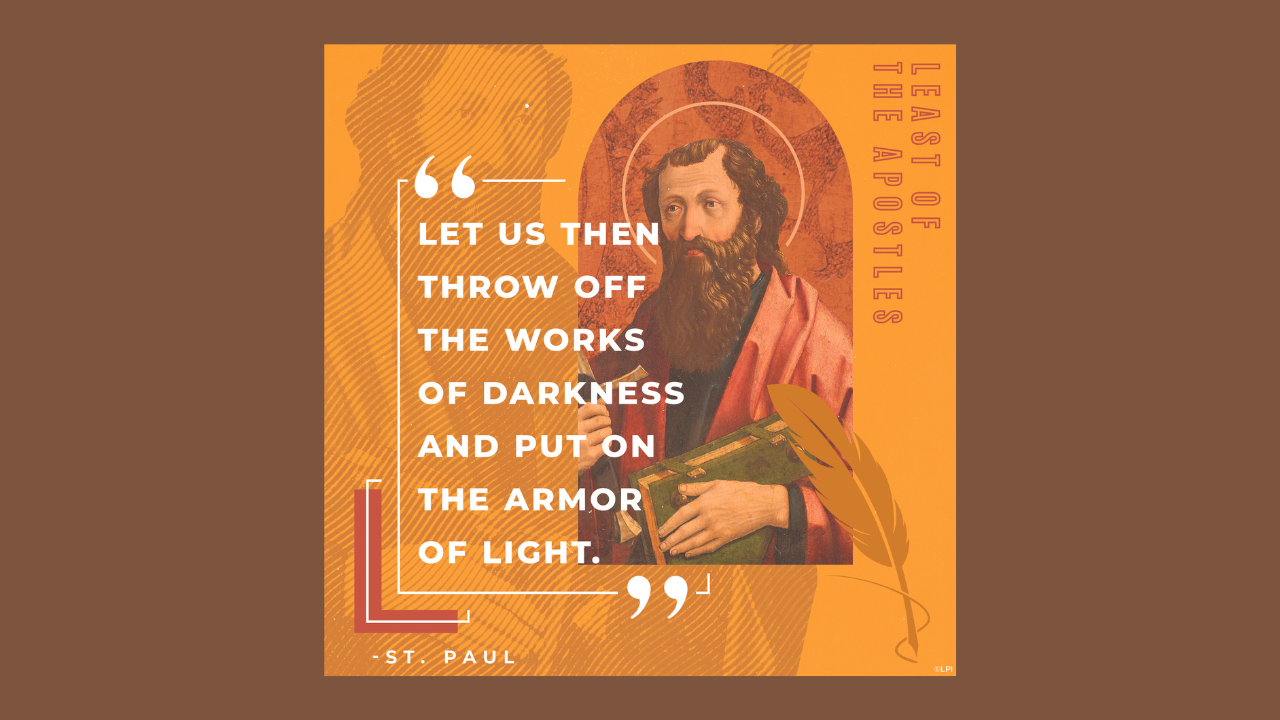
In this Sunday’s Second Reading from St. Paul’s Second Letter to the Corinthians,
Paul begins by speaking of a "thorn in the flesh," a persistent affliction that torments him. While he does not specify what this thorn is, it is clear that it is a source of great distress. He refers to it as a "messenger of Satan" sent to harass him and prevent him from becoming conceited due to the extraordinary revelations he has received. At times we deal with our own thorns in the flesh in the various trials and sufferings we all face in life, be they a physical ailment, emotional pain, or a difficult circumstance. Paul's openness about his struggle reminds us that suffering is a common part of the human experience and even the holiest among us are not exempt.
Paul states that he pleaded with the Lord three times to remove this thorn. This plea reflects his deep desire for relief and his recognition of God's power to heal. However, God's response is not what Paul initially hoped for. Instead of removing the thorn, God says, "My grace is sufficient for you, for my power is made perfect in weakness." This response invites us to a deeper understanding of God's ways. Often, we pray for relief from our sufferings, expecting that God will take them away. Yet, sometimes God allows us to endure our thorns, not as a sign of neglect, but as an opportunity to experience his grace more profoundly.
God assures Paul that "my grace is sufficient for you." God's grace is more than enough to sustain us through any trial. It is a reminder that God's presence and help are always available to us, even when our prayers for deliverance seem unanswered. This sufficiency of grace teaches us to rely not on our own strength but on God's. Our weaknesses and limitations can become the very places where God's power can be most visibly at work.
When we acknowledge our dependence on God, we open ourselves to his transformative grace. Paul’s declaration, "therefore I will boast all the more gladly of my weaknesses, so that the power of Christ may rest upon me," is both a wonderful paradox and a profound spiritual truth. Our weaknesses, far from being hindrances, can become conduits for God's power. When we embrace our vulnerabilities and surrender them to God, we allow his strength to shine through us. This perspective transforms our understanding of suffering and weakness. Instead of seeing them as curses, we begin to see them as opportunities for God's glory to be revealed. Paul's example encourages us to trust that God can use our weaknesses for his greater purpose.
As we reflect on Paul's experience, let us remember that God's grace is indeed sufficient for us. In our moments of weakness and trial, let us turn to him, confident that his power is perfected in our weakness. May we, like Paul, learn to boast in our weaknesses, knowing that through them, the power of Christ rests upon us. Let us not fail to bring our own thorns to the Lord, asking for his grace to sustain us and his power to be revealed in our lives. In our weakness, may we find the strength that comes from God alone.
Blessings to you and yours for the week ahead!
Father Chris House



